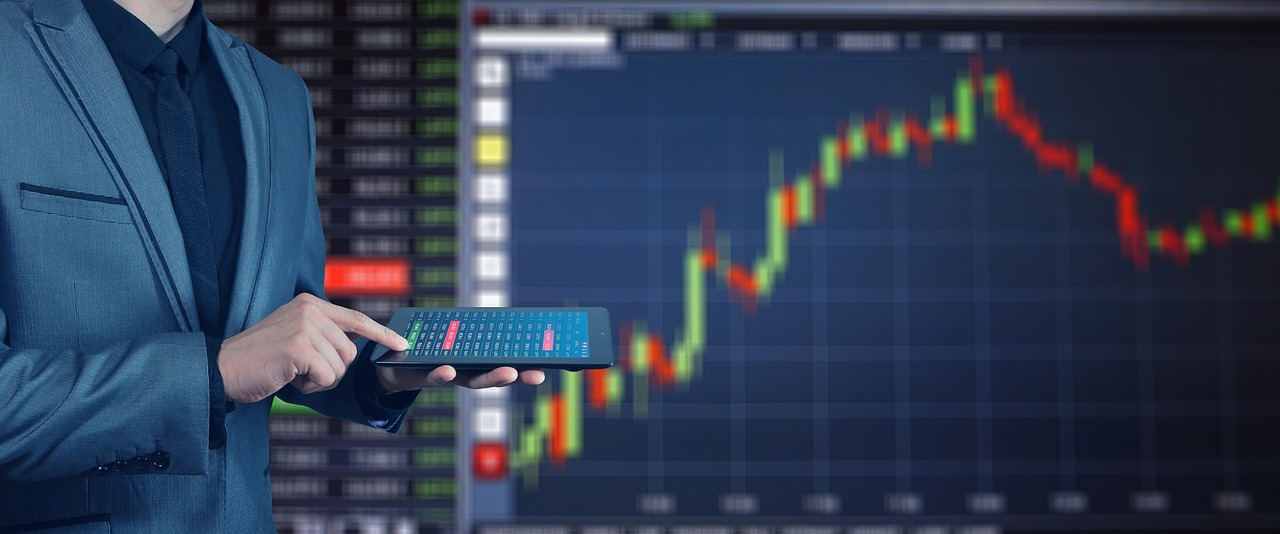From Physical to Virtual: How to Navigate and Profit from Online Commodity Trading?
As the world rapidly embraces digital transformation, traditional commodity trading is transitioning to the online realm. The ability to trade commodities online presents significant opportunities for investors and traders alike. This article explores the critical aspects of navigating and profiting from online commodity trading. From understanding the digital landscape to leveraging technology, this article will discuss strategies for success in this evolving market.
Embracing Digital Transformation
The shift from physical to virtual commodity trading requires embracing digital transformation. Traders must adapt to online platforms and leverage cutting-edge technologies to streamline their operations. This involves familiarising yourself with online trading platforms, understanding the mechanics of online transactions, and staying updated on the latest advancements in technology in the industry. By embracing this transformation, traders can tap into the convenience and efficiency offered by online commodity trading.
Selecting the Right Online Trading Platform
Choosing the right trading platform online is crucial for successful commodity trading. Traders should consider factors such as platform reliability, security measures, user interface, available commodities, and transaction fees. Research and comparison of different platforms are essential to finding the one that aligns with individual trading goals and requirements. It is advisable to opt for platforms that offer comprehensive features, advanced trading tools, and real-time market data to make informed trading decisions.
Building a Solid Trading Strategy
Developing a robust trading strategy is fundamental for profiting from online commodity trading. Traders should analyse market trends, study historical data, and consider fundamental and technical indicators to identify potential trading opportunities. Implementing risk management techniques, setting realistic profit targets, and employing stop-loss orders are vital components of a solid trading strategy. Regular evaluation and adjustment of the strategy based on market conditions ensure its effectiveness and long-term profitability.
Leveraging Technology and Data Analysis
Technology and data analysis play a critical role in online commodity trading. Utilising advanced trading software and analytical tools can provide valuable insights into market trends, price movements, and trading patterns. Traders can employ artificial intelligence (AI) algorithms and machine learning models to determine patterns and make data-driven trading decisions. Moreover, leveraging real-time data feeds and news sources enables traders to stay informed about market developments and respond swiftly to changing market dynamics.
Managing Risk Effectively
Effective risk management is imperative in online commodity trading. Traders must set risk tolerance levels, diversify their portfolios, and use stop-loss orders to limit potential losses. It is also essential to stay updated on global economic and geopolitical factors that may impact commodity prices. By adopting prudent risk management practices, traders can protect their capital and navigate market volatility with confidence.
Continuous Learning and Market Awareness
The world of commodity trading is dynamic and ever-evolving. Traders must commit to continuous learning and stay aware of market trends, regulations, and industry developments. Engaging in educational resources, attending webinars, and participating in online trading communities can provide valuable insights and foster professional growth. Staying informed and adapting to changing market conditions is essential for successful online commodity trading.
Monitoring and Evaluating Performance
Regularly monitoring and evaluating trading performance is vital for continuous improvement. Traders should maintain a trading journal, record their trades, and review their strategies. Analysing past trades and identifying areas for improvement can enhance trading skills and decision-making abilities. It is also essential to seek feedback from experienced traders and utilise performance metrics to measure progress and identify patterns of success.
Conclusion
In the ever-evolving landscape of trade commodities online, traders have the potential to tap into a vast array of opportunities. By embracing digital transformation, selecting a reliable trading platform, developing a robust trading strategy, leveraging advanced technology, and managing risk effectively, traders can position themselves for success in this dynamic market. With dedication, adaptability, and a focus on continuous learning, traders can unlock their profit potential and thrive in online commodity trading.

